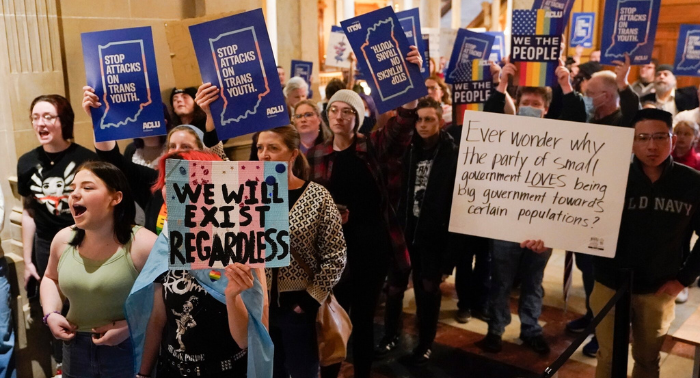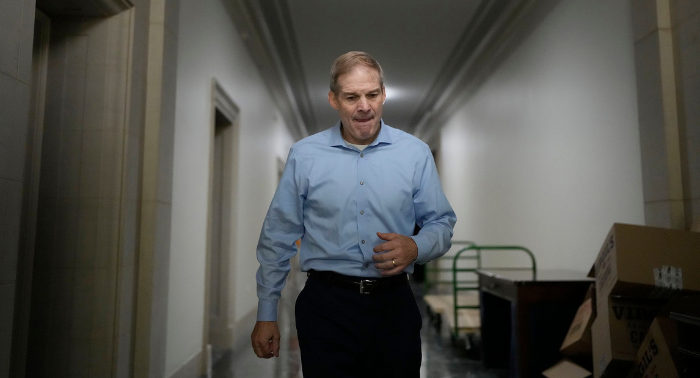A federal judge in Idaho has issued a temporary injunction against a state law aimed at prohibiting gender transition procedures for minors, as reported by The Hill on Wednesday.
The law, passed by the state’s Republican-controlled legislature and signed by the Republican governor, was slated to take effect on January 1st. This law would have made it a criminal offense to provide specific medical treatments to minors for gender dysphoria, including puberty blockers and hormone therapy, carrying penalties of up to ten years in prison.
However, two families, along with the American Civil Liberties Union (ACLU) and other organizations, filed a lawsuit with the aim of preventing the ban from being implemented. The plaintiffs, including two adolescent transgender girls and their families, argued that gender transition interventions had led to improved mental health and a reduction in self-harm and suicidal tendencies.
In his preliminary injunction, U.S. District Judge B. Lynn Winmill addressed the central point of disagreement in the case, stating, “The key point of disagreement in this litigation is whether medical interventions allowed under the [World Professional Association for Transgender Health (WPATH)] and Endocrine Society guidelines are safe, effective, and medically necessary for some adolescents suffering from gender dysphoria.”
“After carefully considering the voluminous evidence on this point,” he continued, “the Court finds that the treatment for gender dysphoria — when provided in accordance with the guidelines published by WPATH and the Endocrine Society, and which may include medical interventions such as puberty blockers, hormone therapy, and surgeries — is safe, effective, and medically necessary for some adolescents.”
“The weight of the evidence before the Court strongly supports this finding.”
This injunction comes amidst a wave of similar legal challenges against laws in Republican-controlled states that aim to prohibit gender transition interventions for minors. Supporters of these laws often argue that they are necessary to protect children, a rationale contested by many medical professionals and critics.




